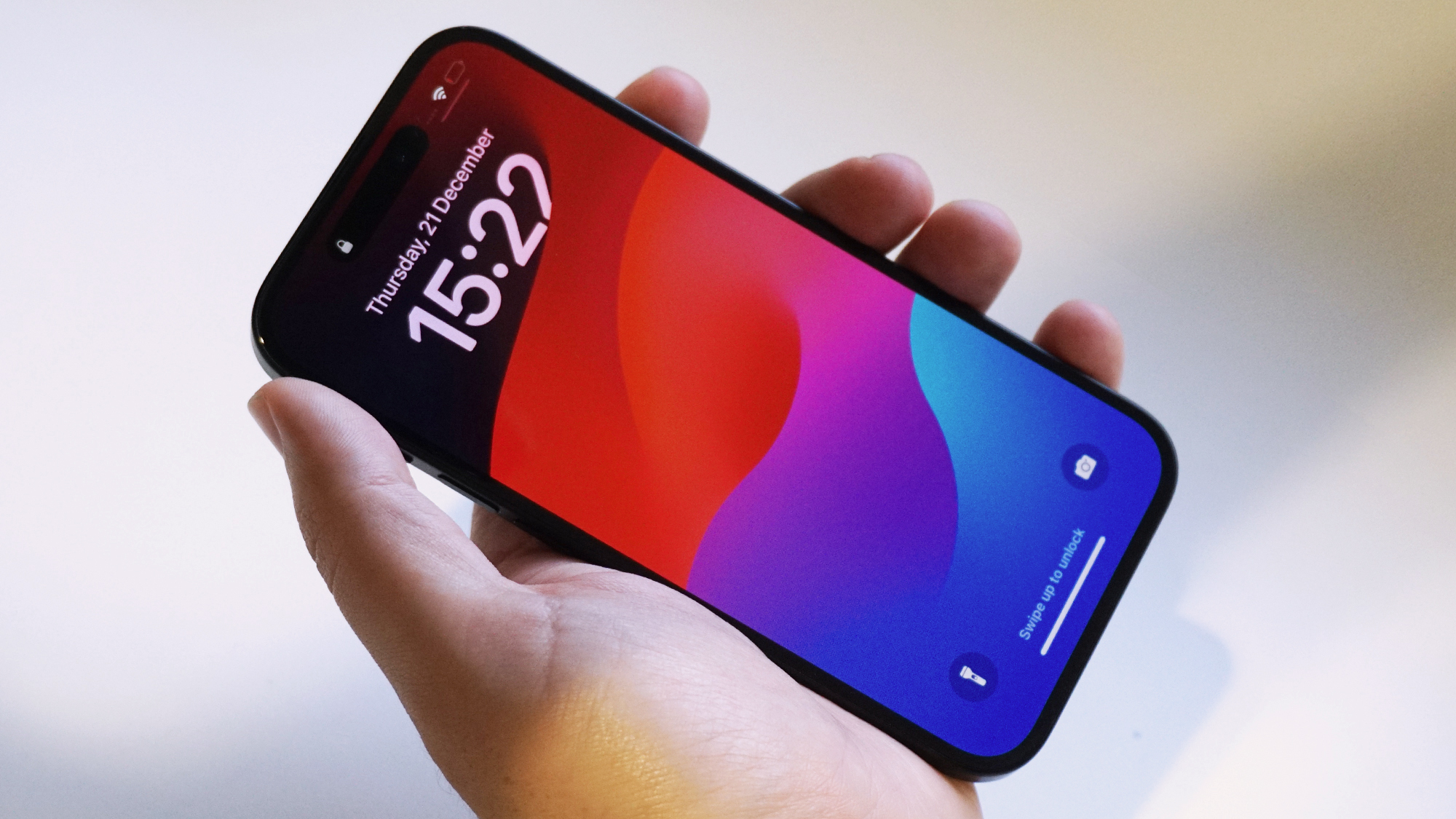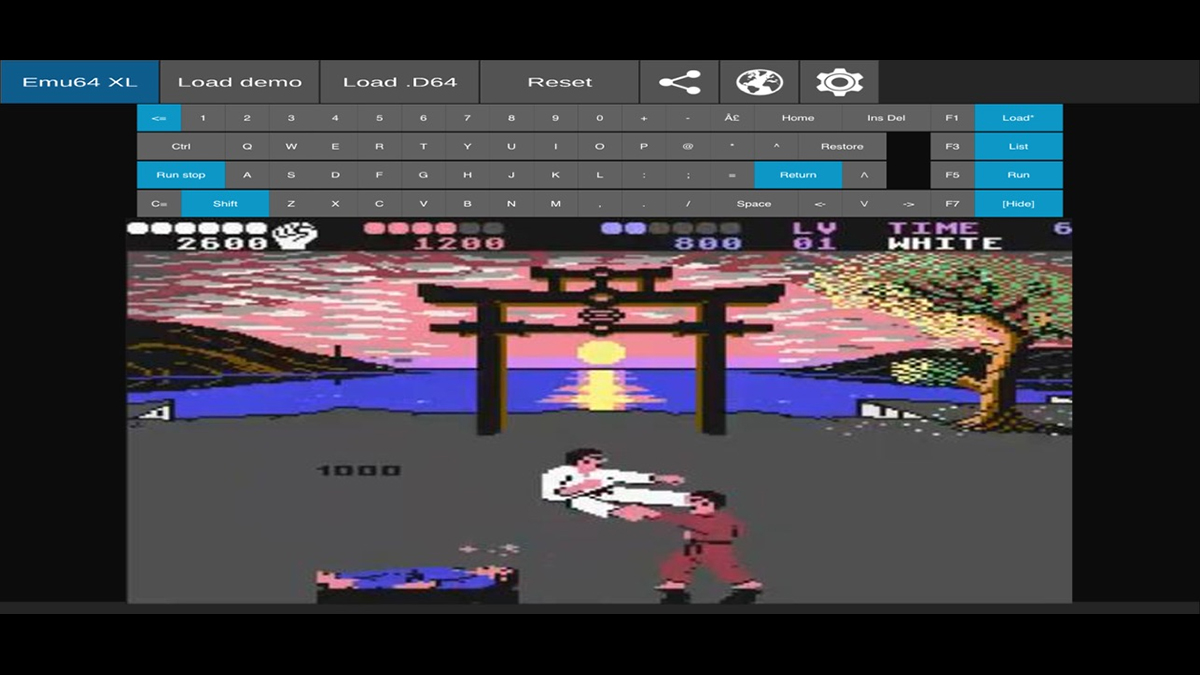The first gaming emulators are now on the iOS App Store – and one has already been pulled
That was quick

Sign up for breaking news, reviews, opinion, top tech deals, and more.
You are now subscribed
Your newsletter sign-up was successful
Update April 15, 2024: Since this article was published, Apple has pulled iGBA from the App Store, as spotted by MacRumors. No official comment has been made, but we're assuming action was taken because the app was an obviously unauthorized clone of another app. Emu64 XL is still available.
Our original article continues below...
We knew it was going to happen, and now it has: the first game emulators are appearing in the iOS App Store, after Apple responded to increasing regulatory pressure by relaxing its rules on the type of apps it would accept.
As spotted by AppleInsider, we've already got Emu64 XL (for the Commodore 64) and iGBA (for the Game Boy Advance and Game Boy Color). Both are free to install for the iPhone and the iPad, and don't come with any in-app purchases.
That means you can point the emulators to compatible disk files, which then run as the original games would have done on the original hardware. It's likely that more emulators will follow these two as well.
A word of warning though: in most parts of the world, the only way to use these emulators legally is by ripping the code from the original disks or cartridges that you've already paid for – otherwise you could find yourself on the wrong side of the law.
App Store changes

These emulators are widely available on Android, but haven't been seen on iOS before now. Apple made the change to its App Review Guidelines earlier this month – and while Apple didn't explicitly say so, it's probably because it's under increasing scrutiny in the US and the EU when it comes to the third-party software allowed to run on its devices.
Sign up for breaking news, reviews, opinion, top tech deals, and more.
The change has come with some caveats attached, however. Emulators are held responsible for all the software that can be loaded inside the apps, and must comply with "all applicable laws" in the regions they're used in – which brings us back to the rather gray area of the legality of emulators.
The success or otherwise of these emulators might come down to the attitude of the manufacturers who made the devices they're emulating. Nintendo has traditionally been very strict on blocking emulation software, for example.
Where there's demand though, the apps will follow: as 9to5Mac points out, the iGBA app mentioned above is actually a copy of an open source emulator, with embedded ads inserted. We can expect this new arrangement to take some time to settle down.
You might also like

Dave is a freelance tech journalist who has been writing about gadgets, apps and the web for more than two decades. Based out of Stockport, England, on TechRadar you'll find him covering news, features and reviews, particularly for phones, tablets and wearables. Working to ensure our breaking news coverage is the best in the business over weekends, David also has bylines at Gizmodo, T3, PopSci and a few other places besides, as well as being many years editing the likes of PC Explorer and The Hardware Handbook.